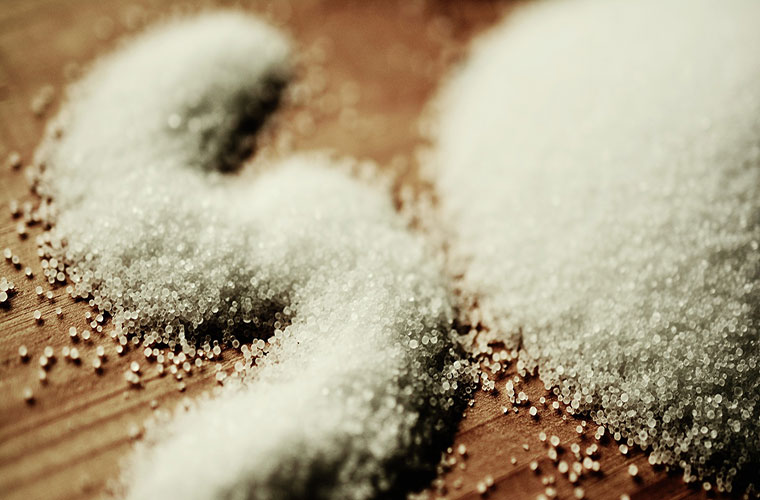If you have a water softening system then you will no doubt be used to topping up the salt in your brine tank. But have you ever asked yourself the question, ‘what is water softener salt?’ or wondered what part this mysterious ingredient plays in the effectiveness of your system? We answer all of the questions you want to ask and probably a few more below.
What is water softener salt?
Your softening system relies on a brine solution to keep the resin beads that remove the hard water minerals charged. This brine solution is created from water and salt, which you will need to top up in order to keep your system effective. The best water softener salt for your system will depend on manufacturer requirements.
How is salt used in water softeners?
Your water is softened in a resin tank where ion exchange removes hardness ions such as magnesium and calcium from the water. This removal takes place when the hardness ions are exchanged for sodium ions, which come from softener salt. As this process is happening, the resin beads in the resin tank become saturated with hardness ions and eventually, if they are not regenerated, stop working.
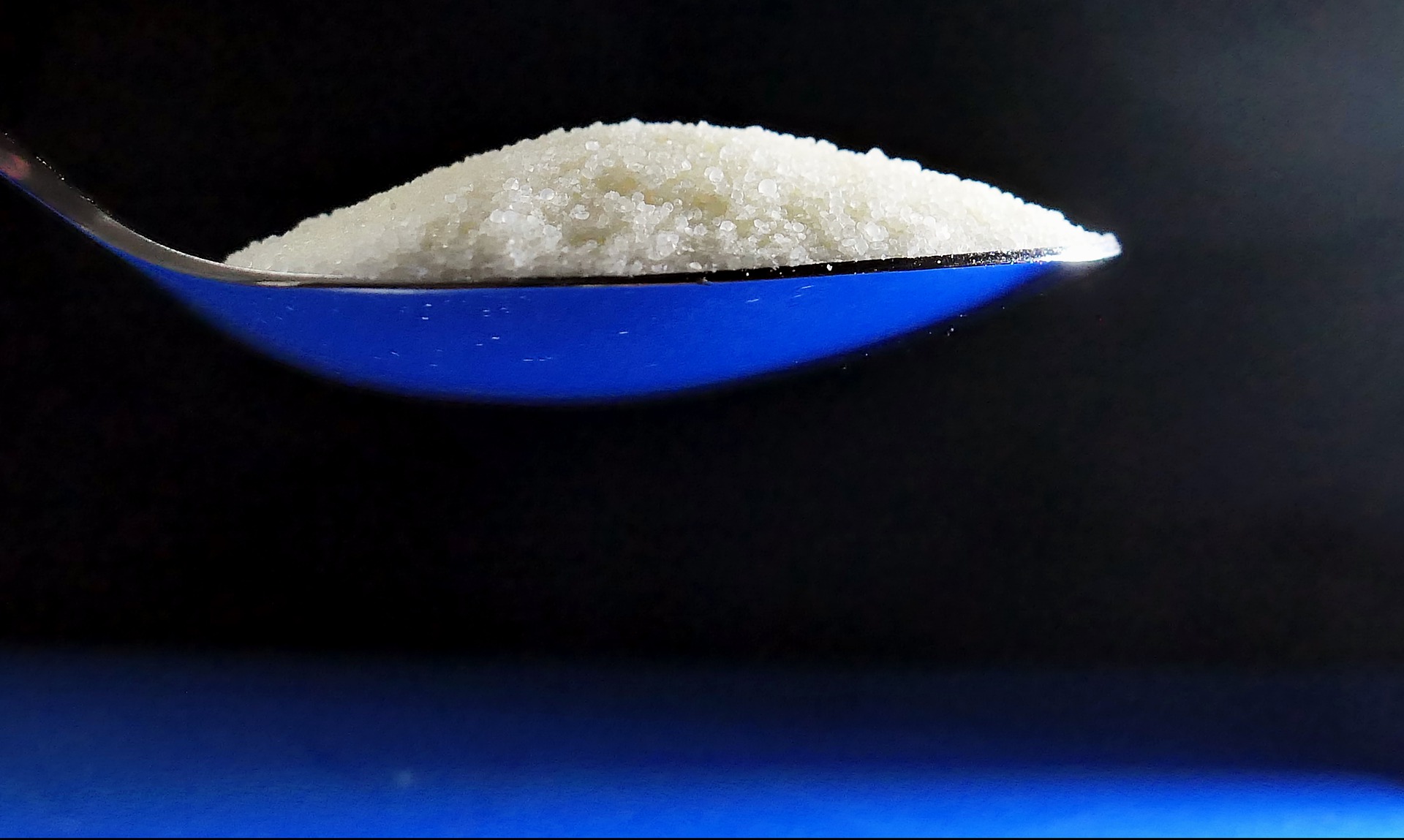
The brine tank provides the answer to this during the regeneration cycle. During this cycle, salt ions are pumped through the resin beads which become clean of hardness ions. In order to make sure the brine tank has plenty of sodium ions for this regeneration task, you need to keep your system topped up with water softener salt.
How much water softener salt do I need to use?
Your water-softening expert will advise you on the amount of softener salt you need but this will also depend on the water usage of your household or business. A household of four people uses an average of 300 litres of water a day but the amount of salt you need also depends on the hardness of your water and your water softening system. It is important to check your salt levels at least once a month and refill as required.
Are there different types of water softener salt?
There are several different types of salt available for your softening system. These include sodium chloride (table salt) and potassium chloride (a common substitute for table salt). Potassium chloride can be more expensive and less efficient so sodium chloride in either tablet or block form is often recommended.
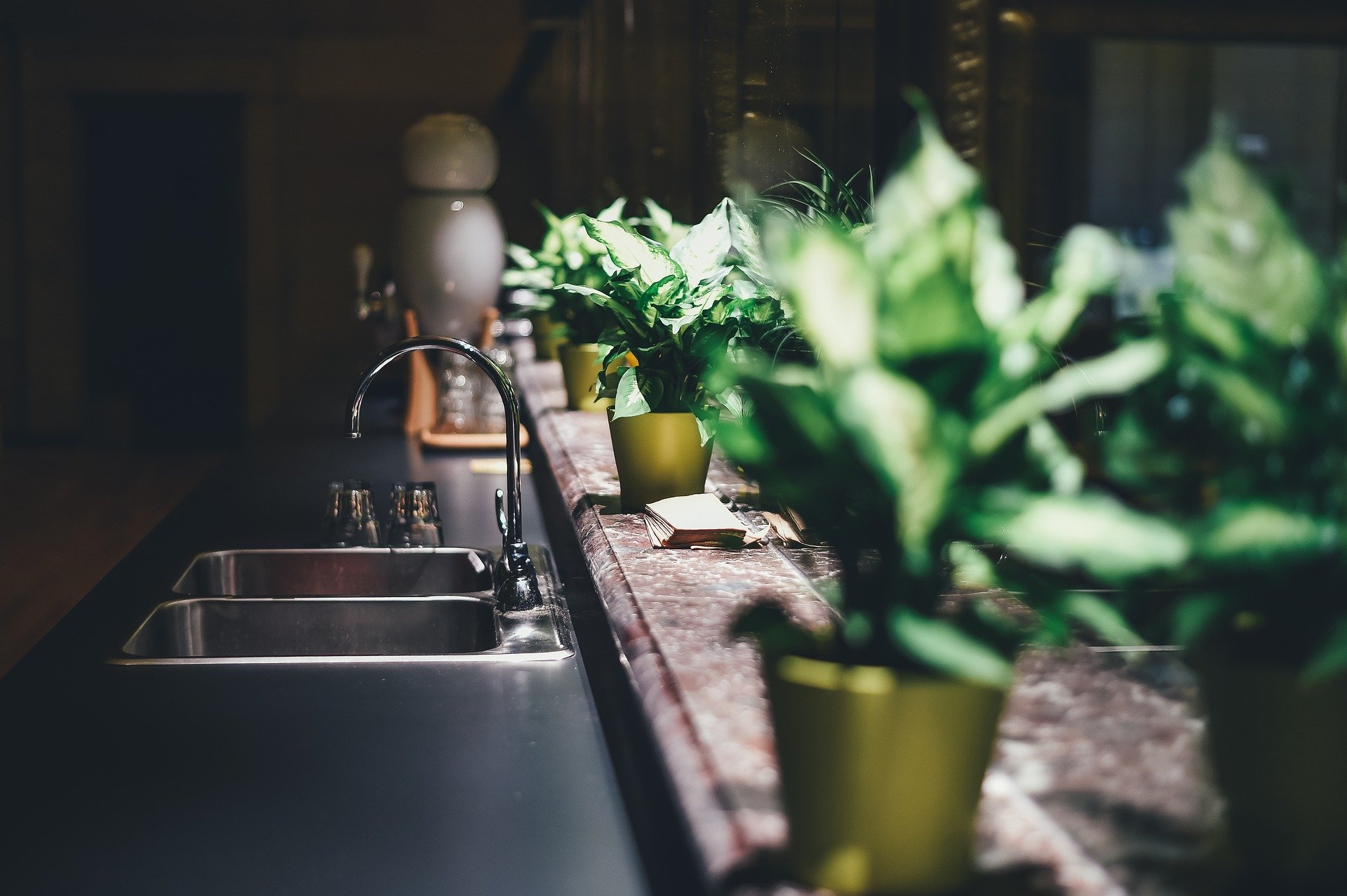
Water softener salt tablets are very common. These small pellets are sold in sacks and can be used in most domestic systems. Block salt comes in 4kg chunks and, although more expensive than tablets, lasts for longer between refills. The most important thing to remember when you are choosing a salt for your softening system is to follow the instructions of your manufacturer and the advice of your system expert.
Can this salt cause medical conditions?
Additional salt in our diet is not always recommended but it is important to remember that softener salt is used to regenerate resin beads and only added to softened water in tiny amounts. Some people, for example those with hypertension, need to be very careful about the amount of salt they consume but there are ways of dealing with this without sacrificing your softening system.
Avoiding processed foods is one way. Another is installing a separate cold-water tap or opting for a water softener that only adds salt in small, measured amounts.
Is water softener salt safe for pets?
It’s safe for pets and humans as long as you use it according to manufacturer’s instructions. It is not however a safe alternative to table salt and shouldn’t be used for eating or cooking. There are a few types of fish that might have an adverse reaction to softened water so we recommend asking your aqua culturist for advice. Salt for the water softener should always be stored safely out of the reach of any pets or children.
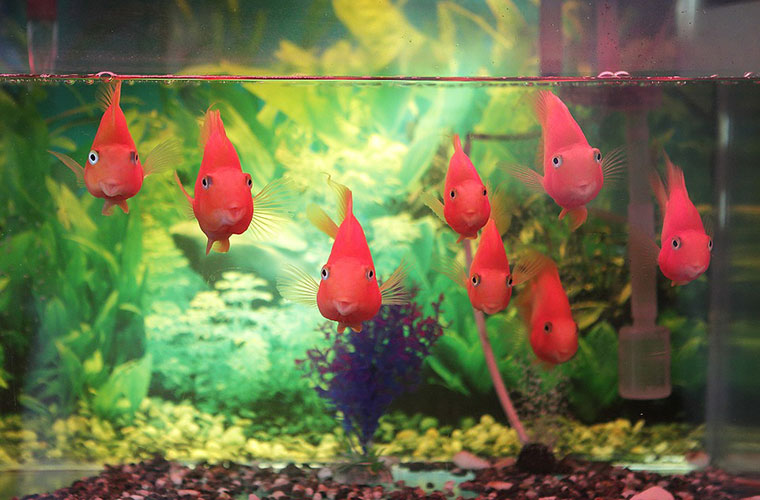
Can it be used in dishwashers?
Dishwashers that use softened water will produce cleaner, more sparkling dishes and avoid damage from unhelpful mineral deposits. Some dishwashers have their own built in water softener, which requires dishwasher salt. Although in theory you could use softener salt in your dishwasher, you won’t need to because your system will have already softened the water before it enters the dishwasher.
nbsp&;
What else can water softener salt be used for?
The salt has to be used in conjunction with a water softening system to produce soft water. On its own or mixed with other ingredients, it can’t be used in cooking or for consumption but does have a few other uses. Salt crystals can be used to melt ice or snow, clean some metals and kill weeds. If you are feeling really mean, you can also use them to get rid of slugs in your vegetable garden.
Does the salt go bad?
As long as it is stored in a dry place, water softener salt should last for a long time. If you find a hard crust or a thick sludge inside your brine tank, you need to deal with it as soon as possible as it can be a sign of salt bridging, which is effectively a salt barrier that prevents salt and water mixing in the tank. Your maintenance expert will be able to help you with advice about how to deal with and avoid salt bridging.
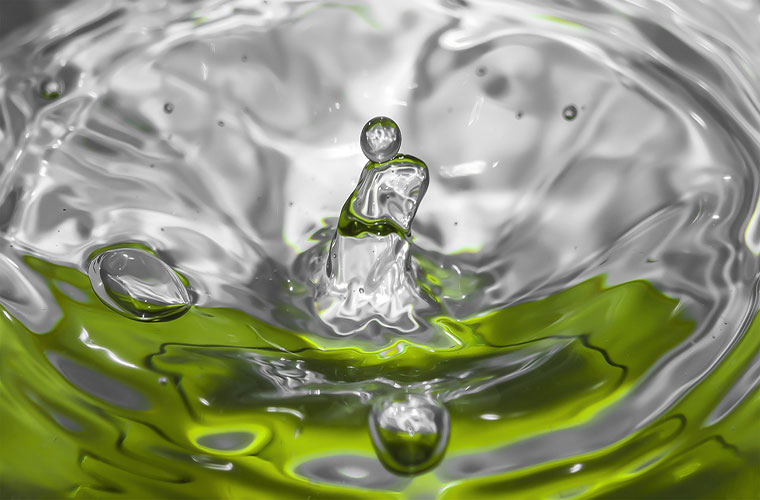
Can I recycle the bags?
Now we are all thinking more about our environment and how we dispose of our waste, you might be wondering how you can recycle your salt bags. Because salt is water soluble, it needs to be stored in packaging that will keep it dry. At present this is often plastic and unfortunately a type of plastic that not all local authorities accept for recycling. The environmental organisation, Wrap, gives useful advice about how to recycle difficult items.
Salt is just one element of your softening system but keeping it topped up and using the best water softener salt will make sure your home or business is kept free of damaging and irritating hard water issues. For expert advice on softener salt and answers to all your maintenance questions, get in touch with our team today. We offer competitive pricing on a range of filters, taps and water softeners including installation, service and repair.
- Water Softener Size Guide: How to Select the Perfect Fit for Your Home or Business - February 25, 2025
- Under Sink vs Whole House Water Filters: The Complete Homeowner’s Guide - November 27, 2024
- 7 Surprising Ways Water Softeners Transform Your Skin: Unveiling the Secret to Radiant Complexion - July 17, 2024

